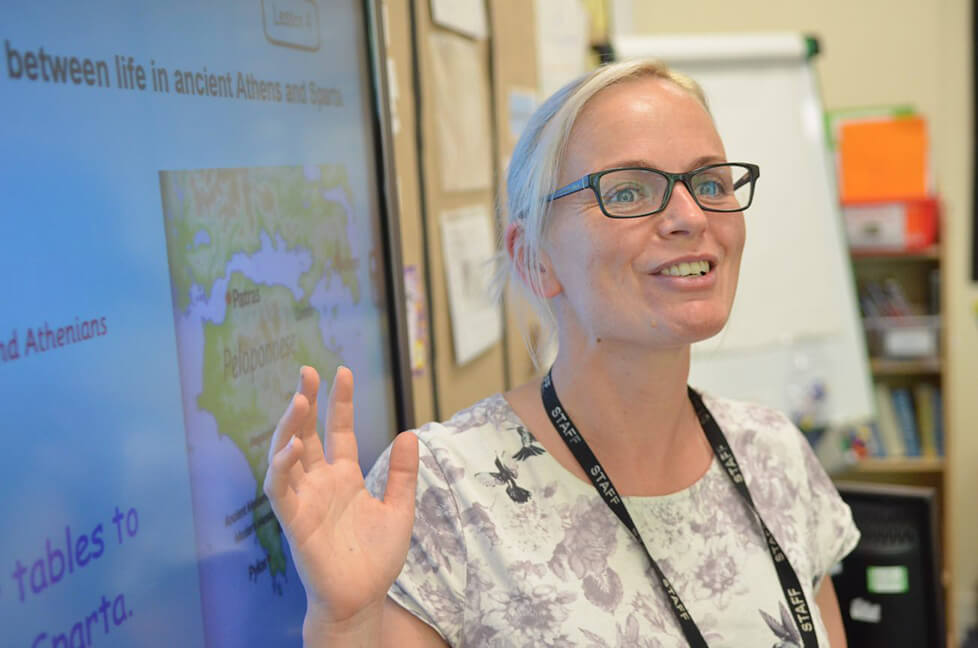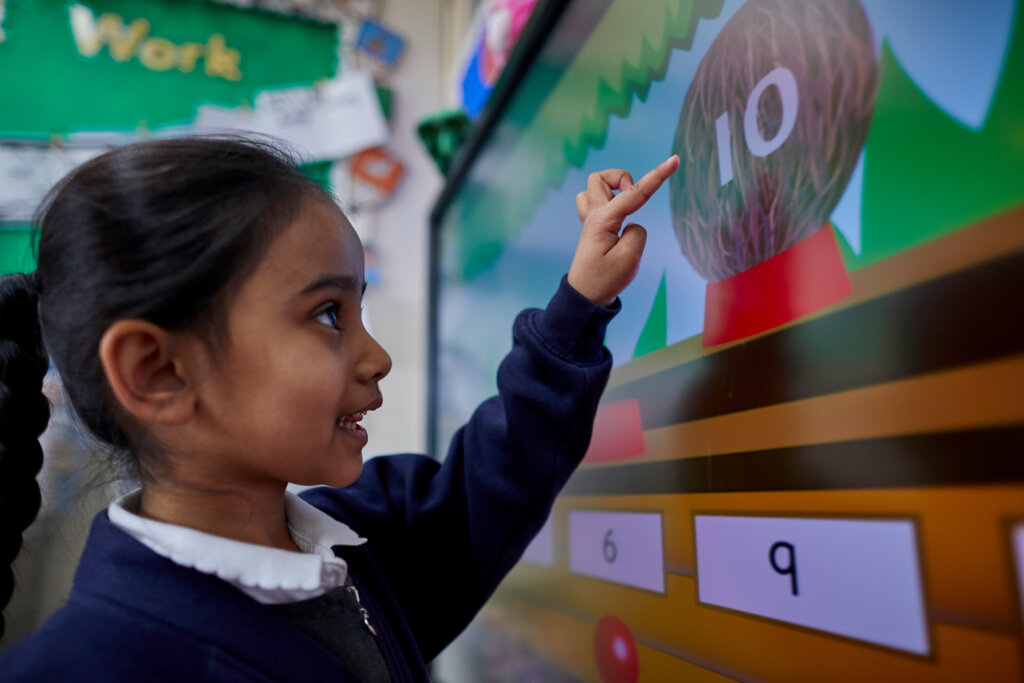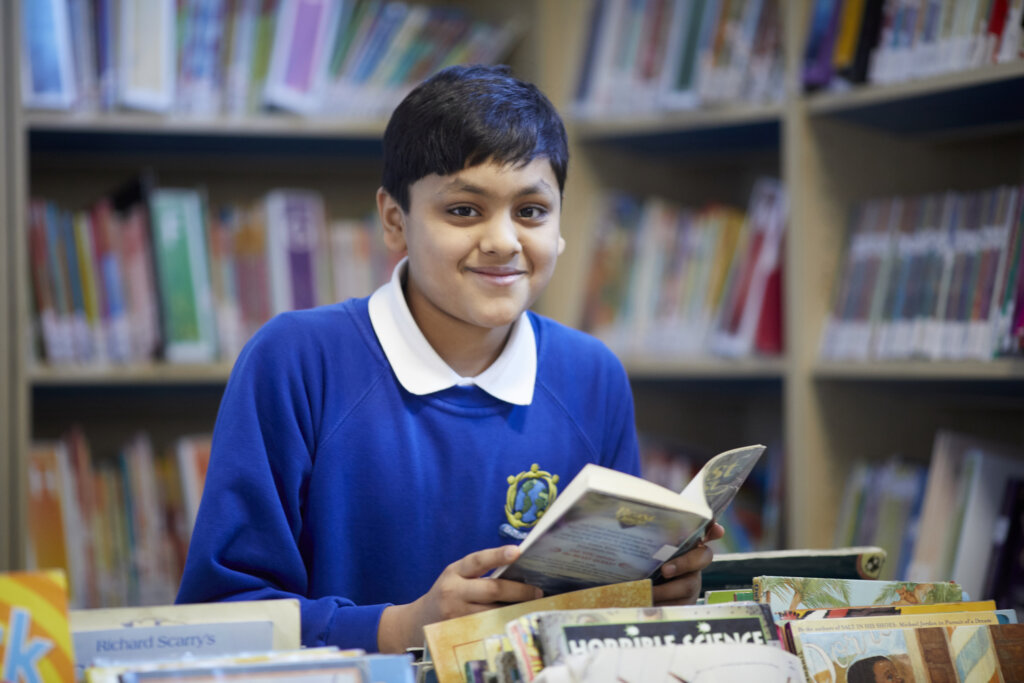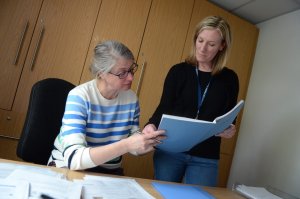To really support our children to be the best they can be, we know that schools need to go further than the National Curriculum. We have to look carefully at our pupils’ experiences and background knowledge, using what we notice to identify and create opportunities to build their cultural capital. As Amanda Spielman said:
“And here’s where cultural capital is so important. By this, we simply mean the essential knowledge, those standard reference points, that we want all children to have. All children are at different points on the same path to building that knowledge. You need to recognise where they are, and what they need next. And this pathway needs to be coherent, building on their cumulative experience…It’s those wonderful activities and resources you choose that give children the words to bring these experiences to life…It’s more a golden thread, woven through everything you do to teach children well.”
We know that widening experience brings huge benefits to children’s social and emotional skills, preparing them for their later lives as well as supporting their achievement academically. But how can create this ‘golden thread’ of experience in Literacy?
To support you to answer this important question, our focus for this year’s One Education Literacy Conference is ‘Literacy Rich Experiences’. During our seventh annual conference, we will be delving into how schools can best support children to widen their own experiences, both inside and outside English lessons.
#LitConf22 which is being held on Friday 14th October at The Science and Industry Museum, Manchester, brings together inspirational keynote speakers, workshop hosts and exhibitors under one roof.
We’re thrilled to have three amazing keynote speakers sharing their visions with delegates:
Our first keynote speaker is Ross Young, founder of the Writing for Pleasure Centre and #WritingRocks. Ross will be sharing the important role children’s emotions and affective needs play in their writing success. Ross will explore the relationship between children’s emotions and what we currently know to be the best writing teaching. He will share examples of practice from a variety of Writing for Pleasure affiliate schools to illustrate how teachers can increase children’s sense of enjoyment in writing as well as their personal satisfaction in being writers. And, in the process, accelerate their academic progress and achievement.

Our second keynote speaker is Dr Rachael Levy, Associate Professor at the Institute of Education at the University College London. Rachael will demonstrate how for many families; shared reading is already a part of ‘doing family’. However, for some families, and perhaps particularly those from lower socio-economic groups, there is a need for certain conditions to be met if shared reading practices are to be maintained or, in some cases, occur at all. Rachael will explore how in order to support more families in reading regularly with their children, there is a need to firstly understand how different families use shared reading activity within their own individual and everyday family lives.

Our final keynote speaker is the celebrated children’s author and founder of Herstory, Onjali Q Raúf. Using her personal reading, writing and authorship experiences, Onjali will be celebrating the power of children’s literature to spark passions and a world of new quests. Discussing the impact of representation, Onjali will explore the power of children’s voices, curiosity, empathy and questions founded in literature and ‘seeing’ themselves in a story.

As well as the chance to listen to our keynote speakers, #LitConf22 delegates also access their choice of two workshops across the day, led by a wide range of expert speakers. This year, delegates can choose from:
Children and non-fiction with Alice Pepper. Alice will share her school’s journey of developing reading across the curriculum in all its forms, including how to enable children to read as a historian, scientist, geographer and much more, through a rich and diverse repertoire of books.
Voices, deeds, locations – planning reading to widen literacy experience with Alison Tarrant. Alison will explore the ways you can use reading to ensure a breadth of experience for your pupils. From the voices they hear, the things you do and where the activities are done, there are multiple ways to ensure reading is a truly inclusive experience
Let’s make some picture books together: supporting your staff to build confidence in teaching writing with Ross Young. Delegates will join Ross to participate in a writing workshop, reading and making picture books together, exploring how to support teaching staff to enjoy the writing process themselves and share their engagement with pupils.
Instilling a love of reading amongst children – Holden Clough’s journey with Adam Porter. Adam will explore how his school has improved attitudes towards reading by exploring examples of routines and systems that have been established to build a love of reading.
Literacy and the KS2-3 transition: is it only about reading? With Sarah Green. The literacy challenges faced by pupils moving from primary to secondary education are often underestimated. Sarah will share strategies for improving literacy transition and will explore how improved curriculum and teaching approaches can support and strengthen pupils’ reading, writing and oracy to better effect.
Using Literacy to widen children’s experiences with Laura Lodge. Building fluency and mastery in oracy, reading and writing depends on children’s experiences, both within Literacy lessons and more widely. Laura will explore how this is a two-way street – Literacy lessons can be used as vehicles to widen children’s experiences, building a web of knowledge to support their next steps.
The pathway to writing – playing with a pen! With Harriet Brettell. Harriet will explore the journey a child goes on before they can put pen to paper and write. She will delve deeply into the stages of progression to writing, increase our knowledge of the science behind physical development and the impact this has and how the environment; quality of resources and provision, and, the role adult interactions and interventions play in guiding children along the writing pathway.
Developing Oracy in the classroom with Catherine Delaney and Simone Nixon. Catherine and Simone will unpick how important oracy is for developing children’s language and providing them with life-long skills to express themselves confidently and articulately. They will explore how to use different structured activities, e.g. echo reading and choral speaking, to facilitate children in becoming effective communicators.
Reimagining fairy tales – diversity, equality and the importance of neuroplasticity with Kiran Satti. Covering themes such as diversity, equality and neuroplasticity, Kiran will share reimagined fairy tales, research and impact on her own practice that will enable delegates to understand the importance of reimagining and diversifying the literary canon of fairy tales on children’s identities and their perceived potential.
In addition to our wonderful speakers, #LitConf22 will bring together a group of handpicked exhibitors, each carefully chosen to support the needs of our delegates. Our exhibitors this year include:

With a wonderful venue, amazing speakers, the chance to visit handpicked exhibitors and the opportunity to network with other English leads, the day is not to be missed! To find out more or to book your place at our earlybird rate, visit this page.
















